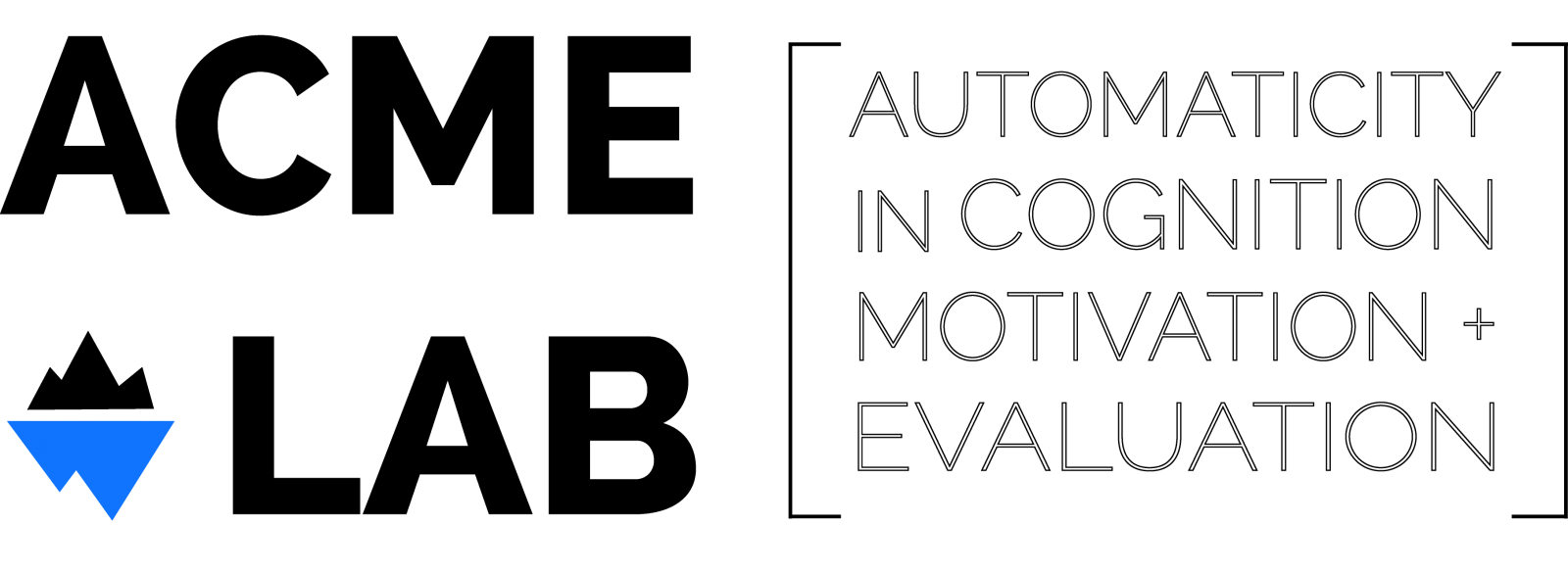
June 15, 2012
Philosophers since ancient times have struggled with the question of whether humans have any free will. With forces such as God or molecular interactions—depending on whom you asked and when—said to ultimately control everything, can humans really make any decisions “independently”? Some scientists say recent research validates such concerns, casting doubt on the common human feeling that we are able to make up our own minds, at least in the way we like to think. In the July 2 issue of the research journal Science, Ruud Custers and Henk Aarts of Utrecht University in The Netherlands discuss research suggesting our subconscious thoughts can manipulate our goals and motivations much more than scientists have ever imagined. “Although it is often taken for granted that goal pursuit originates in conscious decisions, it can also arise from unconscious sources,” the pair wrote. Recent findings show that the human brain is often steps ahead of its owner, Custers and Aarts explained: the brain prepares the action well before any conscious thoughts instruct it to do so. The scientists cited work by researchers such as John Bargh at Yale University and Peter Gollwitzer at New York University starting in 2001. Bargh and colleagues showed how motivation toward a goal could arise without conscious awareness, Custer and Aarts wrote. “Students were seated at a table to work on two seemingly unrelated language puzzles. For some students, the first puzzle included words related to achievement (such as win or achieve), and for others it did not. Students who were exposed to achievement words were found to outperform the others on the second puzzle.” Custer and Aarts present a theory based on the idea that the human brain is designed for action, continuously and subconsciously processing information relevant to our behavior, so that it is constantly ready to “instruct” its owner how to deal with the opportunities and challenges posed by our environments. The framework the authors propose for this subconscious decision-making process, they said, helps reveal just how thoroughly these unconscious thoughts permeate our everyday lives. “Earlier research has shown that action goals, such as moving a finger, that were initially consciously set are unconsciously prepared before they are acted on,” they wrote. “The literature reviewed here suggests that the unconscious nature of the will has an even more pervasive impact on our life. Goals far more complex than finger movements, can guide behavior without being consciously set first, when they themselves are activated outside conscious awareness.”
